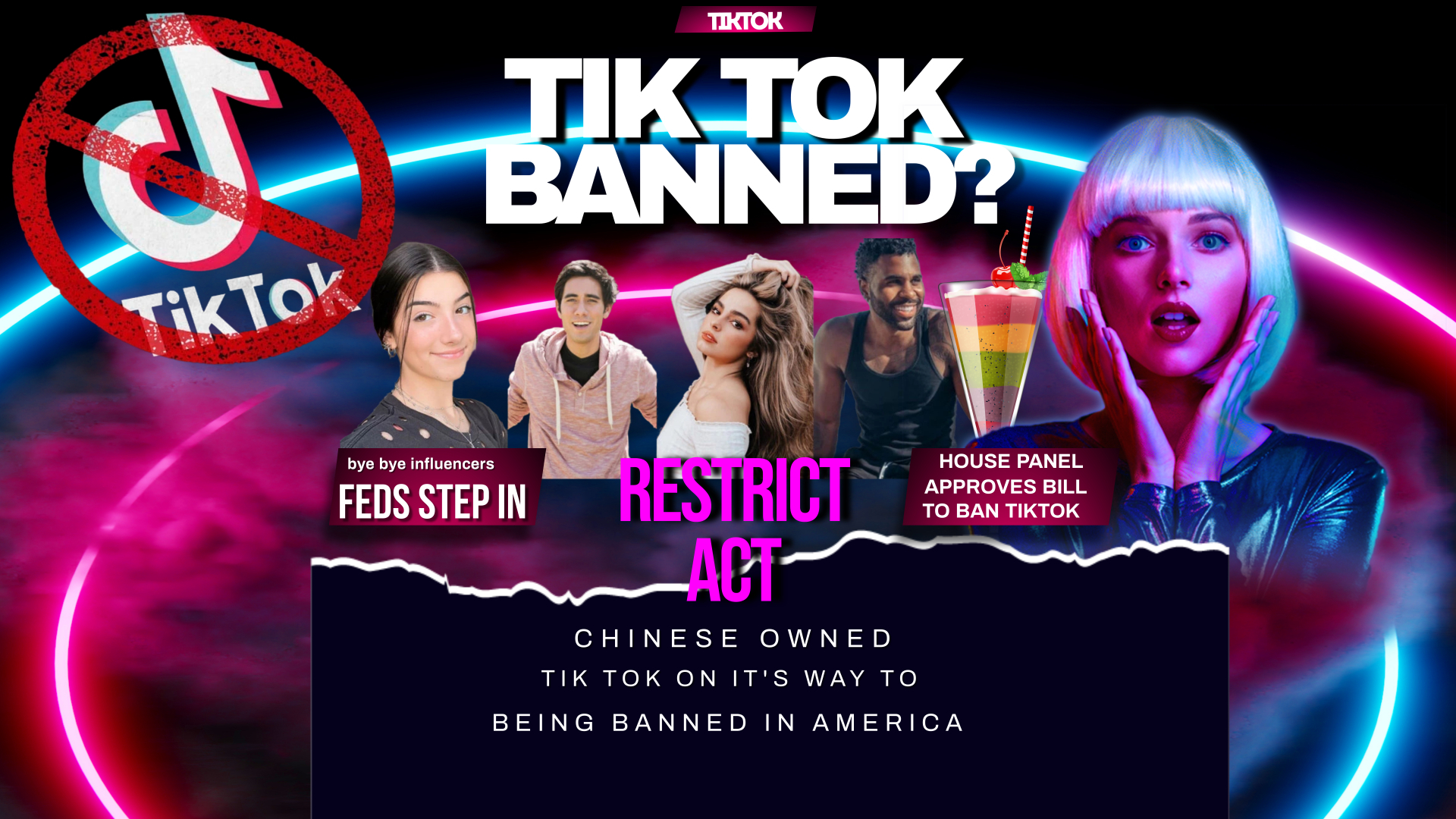170 million users soon could be denied access to TikTok after Congress votes to advance ban.
A key House committee voted unanimously Thursday to advance bipartisan legislation that would force China’s ByteDance to sell off TikTok or face a ban in the United States.
Before the 50-0 vote in the House Energy and Commerce Committee, lawmakers received a classified briefing on national security concerns raised by TikTok’s Chinese ownership.
The legislation is widely seen as the most potent threat yet to the wildly popular app that is used by 170 million Americans.
If enacted, the bill would give ByteDance 165 days, or a little more than five months, to sell TikTok. If not divested by that date, it would be illegal for app store operators such as Apple and Google to make it available for download. The bill also contemplates similar prohibitions for other apps “controlled by foreign adversary companies.”
House Speaker Mike Johnson, R-La., said Thursday that he supported the bill. House Majority Leader Steve Scalise, R-La., said he would send the bill to the House floor. If the full House approves the legislation, it will go to the Senate.
The White House also has thrown its support behind the bill, which was introduced by a bipartisan group of lawmakers on Tuesday. That further raises the political heat on TikTok.
“This bill is important. We welcome this step,” White House press secretary Karine Jean-Pierre told reporters.
TikTok, which denies it shares data about its U.S. users with Beijing, launched a campaign Thursday warning that the app was at risk of being shut down in the U.S.
Angry TikTok users flooded lawmakers with phone calls, urging them not to support the bill. Some users said on the social media platform X that they were unable to use the app unless they placed a call to Congress.
“This legislation has a predetermined outcome: a total ban of TikTok in the United States,” the company said in a statement. “The government is attempting to strip 170 million Americans of their Constitutional right to free expression. This will damage millions of businesses, deny artists an audience, and destroy the livelihoods of countless creators across the country.”
The legislation faces a long road ahead. Some lawmakers have raised constitutional questions. Other legislative efforts to rein in TikTok have stalled, including last year’s RESTRICT Act.
A federal judge blocked a statewide ban in Montana in November, saying it violated the free speech rights of users.
Former President Trump stunned Republican China hawks this week when he appeared to argue against banning TikTok, the juggernaut video app owned by Beijing-based Bytedance and beloved by young Americans.
“If you get rid of TikTok, Facebook and Zuckerschmuck will double their business. I don’t want Facebook, who cheated in the last Election, doing better. They are a true Enemy of the People!” Trump posted on Truth Social Thursday.
One potential factor at play is Trump’s newly repaired relationship with billionaire Jeff Yass, who has a huge financial stake in Bytedance and has spent millions backing lawmakers who support TikTok.
Days before his TikTok reversal, Trump publicly praised Yass for inviting him to a retreat held by Club for Growth, a powerful conservative group that also opposes banning the app.
Yass had previously donated $4.9 million to Vivek Ramaswamy, who last year became the only Republican presidential candidate to join TikTok — an app he once called “digital fentanyl.”
If digital platforms could agree on a American version of TikTok, then keeping it here in America could be a option. Congress, along with data experts claim that the Chinese Government owned company is spying on Americans and violating their rights. Trump and Ramaswamy have both changed their minds about TikTok and have used the platform to reach younger voters.












